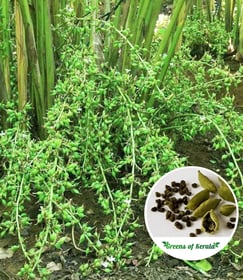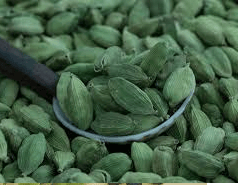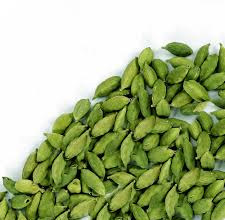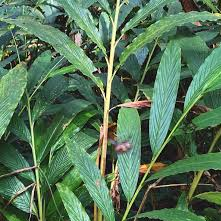Cardamom: The Queen of Spices
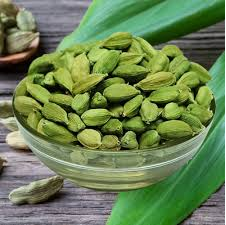

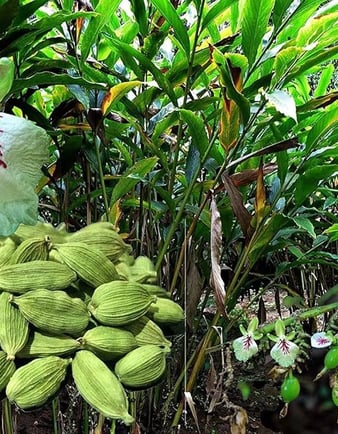

Cardamom, often hailed as the "Queen of Spices," is a highly prized and aromatic spice derived from the seeds of plants in the Elettaria and Amomum genera. Its captivating fragrance and complex flavor profile have earned it a place of honor in cuisines and cultures around the world. Native to the lush forests of India, Nepal, and Bhutan, cardamom has a rich history intertwined with trade, tradition, and culinary artistry.
A Fragrant Jewel: Cardamom's allure lies in its intense and multifaceted aroma. It offers a warm, sweet, and slightly citrusy scent with hints of floral and camphoraceous notes. This captivating fragrance translates into a complex flavor, ranging from sweet and floral to pungent and slightly minty, depending on the variety.
Culinary Delights
Cardamom's versatility shines in its diverse culinary applications. It is a staple in Indian, Middle Eastern, and Scandinavian cuisines, adding depth and complexity to both sweet and savory dishes. In India, cardamom is a key ingredient in masala chai, biryanis, and many desserts. In the Middle East, it flavors coffee and sweets. Scandinavian bakers use cardamom to enhance the flavor of pastries and breads.
Beyond Flavor
Beyond its culinary appeal, cardamom has also been recognized for its potential health benefits. It has been used in traditional medicine for digestive issues, bad breath, and even as a mood elevator. Some studies suggest that cardamom may have antioxidant and anti-inflammatory properties.
A History of Value
Cardamom has been a valuable commodity for centuries, traded along ancient spice routes and prized for its rarity and exquisite flavor. Its value has often rivaled that of precious metals, highlighting its significance in global commerce.
Interesting Facts:
There are two main types of cardamom: green cardamom (the smaller, more common variety) and black cardamom (larger and smokier).
Cardamom pods are harvested by hand, and the seeds are carefully extracted.
Cardamom is often used in perfumes and aromatherapy for its uplifting fragrance.
In some cultures, cardamom is a symbol of hospitality and is offered to guests as a sign of respect.
From its fragrant allure to its culinary versatility and historical significance, cardamom truly lives up to its title as the "Queen of Spices," adding a touch of magic to our food and our senses.
